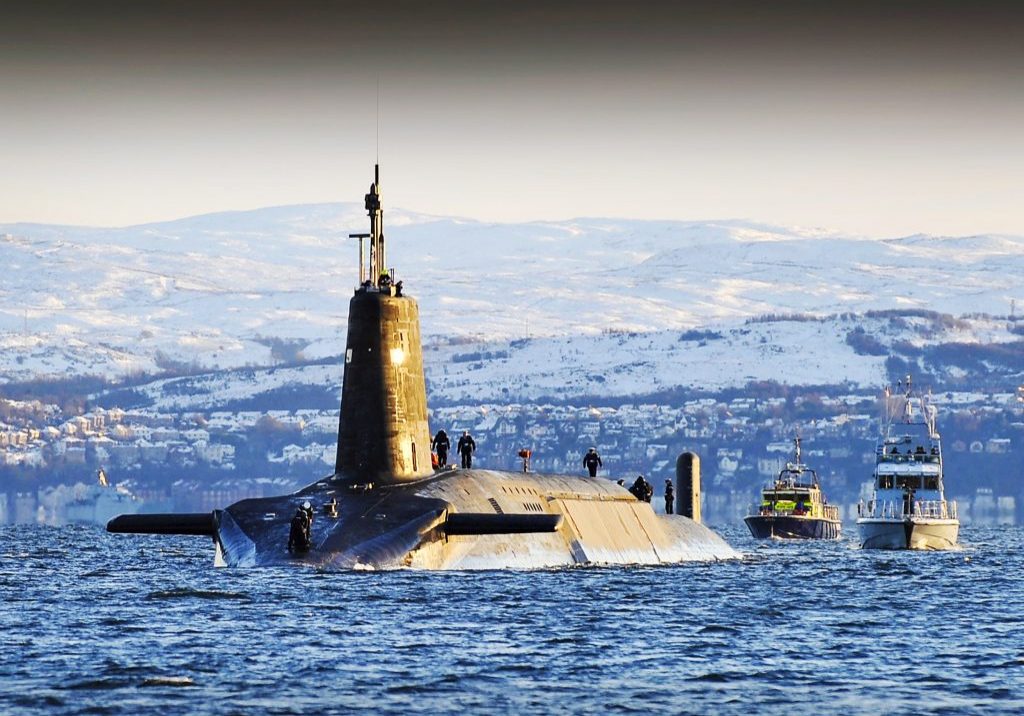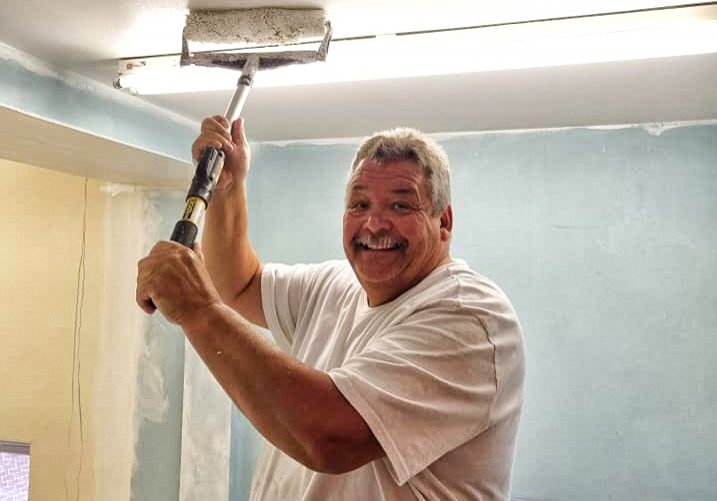Careers: how to become a deck officer
A deck officer in the merchant navy tells us how she got there and why Sea Cadets played such an important part

Name: Anya Haydon-Guppy
Job title: Deck Officer
How long have you wanted to work at sea?
“Since sixth form, when I got really into tall ship sailing with Sea Cadets and the Jubilee Sailing Trust. I absolutely loved being out on the ocean and I met volunteers who’d had Royal Navy/merchant navy/yachting careers who could give me some insight into how I could be out on the ocean for my own career.”
How did Sea Cadets help you?
“My unit (Rickmansworth & Watford) was given the chance to place two cadets on the newly built TS Royalist and I was fortunate enough to go. I went back as many times as I could. During one voyage on one of the power vessels, TS John Jerwood, I obtained all four qualifications from Offshore Hand 1 to Offshore Watch Leader Power. Going offshore was not something I initially planned on doing, but I found a passion that I would otherwise not have been exposed to. The offshore staff and volunteers had so much knowledge.
Their support and encouragement made me feel capable and competent. It made me believe in myself and that I could succeed.”
You started your career as an apprentice. What did that involve?
“Life at sea consisted of shadowing various staff members within the deck department to learn how a commercial ship operated and what the role of the officer of the watch (OOW)entailed. As I progressed, I learnt the theory behind on-board operations, then started to take on the role and lead operations myself, including mooring and unmooring, dropping or weighing the anchor, and creating my own passage plans.”
What’s it like being a deck officer?
“I work every day for around four months, which is the average contract. This involves rotating with my fellow officers, typically four hours on, eight hours off, including morning and night shifts. I act on behalf of the captain to ensure the safety of the vessel and those on board. I monitor its progress along our planned passage, applying collision avoidance manoeuvres, maintaining a watch on the safety equipment and making sure we’re complying with pollution prevention rules.
“When approaching or leaving a port, if I’m on the bridge, I communicate with the engineers about the status of the engines and steering gear to ensure everything is ready for arrival/departure.”

Do you get any spare time at sea?
“When I’m not working, the rest of my day is spent socialising with fellow crew members or using the gym and other facilities on board (I am yet to meet a crew that doesn’t make use of their karaoke machine!). When we are alongside, sometimes we can go ashore and visit a local town or simply enjoy taking a walk.”
What do you love most about your role?
“Out in the middle of the ocean, where the only light pollution is the little you produce on your ship, and the horizon is completely uninterrupted, the view of the sky is unlike anywhere else.
That’s my favourite thing.”
What’s the most challenging thing about your job?
“One of the hardest things about being a seafarer is sleep deprivation. There must always be an officer navigating, so you take it in shifts. The gap between shifts is a minimum of six hours, so if you like sleeping for 10+ hours a night, this career isn’t the one for you!”
What does your future hold?
“I aim to progress to my chief mate qualification and, at some point, obtain my master mariner’s licence, which means I can be a captain.”
Three ways Sea Cadets helped Anya reach her goal:
1. Seafaring experience
Sea Cadets built the foundations for many of the skills I needed throughout my OOW cadetship as well as for my job. Learning ropework, seamanship, navigation, Morse code and radio operations gave me a running start and meant I was better prepared at university than my peers.
2. Teamwork
This has been a useful skill in life as well as at work. Not just how to work together when it comes easily, but how to get along with people when they are unhappy, stressed or tired. You need to be able to move past individual differences or issues to get the job done safely and efficiently.
3. Communication
Sea Cadets really helped me learn how to communicate effectively with different people and challenged me to rethink the way I explain a task or concept so that it’s clear to everyone.
More Advice

Careers: How to become a submariner
Ever wondered what it’s like to work underwater? Mechanical engineer Lt. Isobel Rawlinson talks about her role, and rowing across the Atlantic


